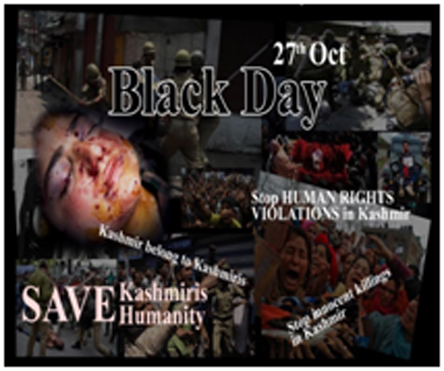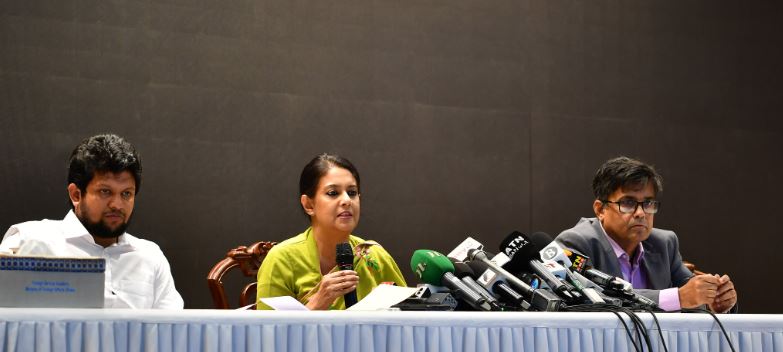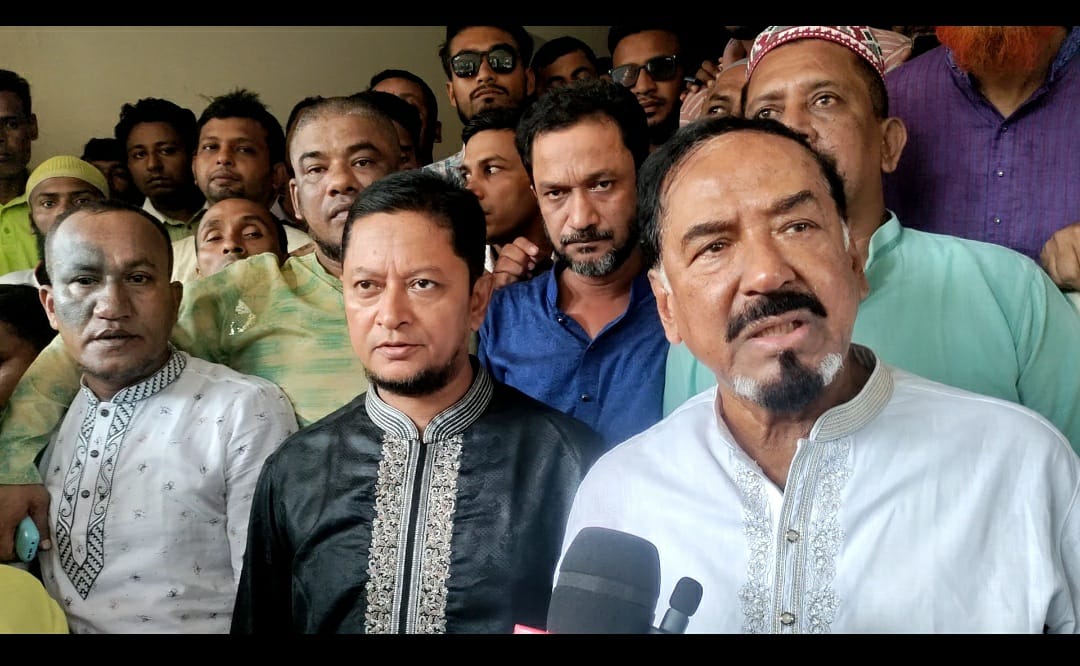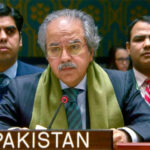
Online Desk: On October 27, 1947, Indian troops entered Kashmir, following Maharaja Hari Singh’s controversial signing of the Instrument of Accession without the consent of the Kashmiri people, turning the peaceful region into a battlefield of suffering and oppression. In the aftermath of the partition of British India in 1947, the princely states were given the choice to accede either to India or Pakistan. Kashmir, with its overwhelming Muslim majority, naturally gravitated towards Pakistan. On July 19, 1947, the Muslim Conference, the largest political party in Kashmir, passed a resolution calling for accession to Pakistan, reflecting the clear will of the people.
Fast forward to August 5, 2019, and the situation took another grim turn. On this day, the Indian government, led by the Bharatiya Janata Party (BJP), revoked Article 370 of the Indian Constitution, which had granted Jammu and Kashmir special autonomy. This move was seen as a direct assault on the region’s identity and its right to self-governance. Following the revocation, Kashmir was placed under a near-total communications blackout, and tens of thousands of additional troops were deployed to the region. This unilateral action was widely condemned by the Kashmiri people, who feared that it would pave the way for demographic changes aimed at disempowering the Muslim majority.
The events of August 5, 2019, marked the beginning of a new era of repression in Kashmir. Arbitrary detentions, extrajudicial killings, enforced disappearances, and crackdowns on dissent became commonplace. A new media policy was introduced, aimed at controlling the narrative and silencing voices that criticized the government’s actions. Journalists in the region faced harassment, intimidation, and arrests, and the free flow of information was severely restricted. The media blackout, combined with the heavy military presence, created an environment of fear and helplessness for the Kashmiri people.
India’s actions in Kashmir are a clear violation of international law, including the UN resolutions that call for a plebiscite and the right to self-determination. The principle of self-determination is enshrined in both the International Covenant on Civil and Political Rights and the International Covenant on Economic, Social, and Cultural Rights, which affirm that all people have the right to freely determine their political status and pursue their economic, social, and cultural development.
As the international community watches, the Kashmiri people continue to suffer. The events of October 27, 1947, marked the beginning of their long struggle for freedom, and more than seven decades later, their right to self-determination remains unfulfilled. The world must not forget their plight, and the promises made by the United Nations must be honored. The future of Kashmir can only be determined by the people of Kashmir, through a fair and impartial plebiscite that respects their aspirations for freedom and dignity.







